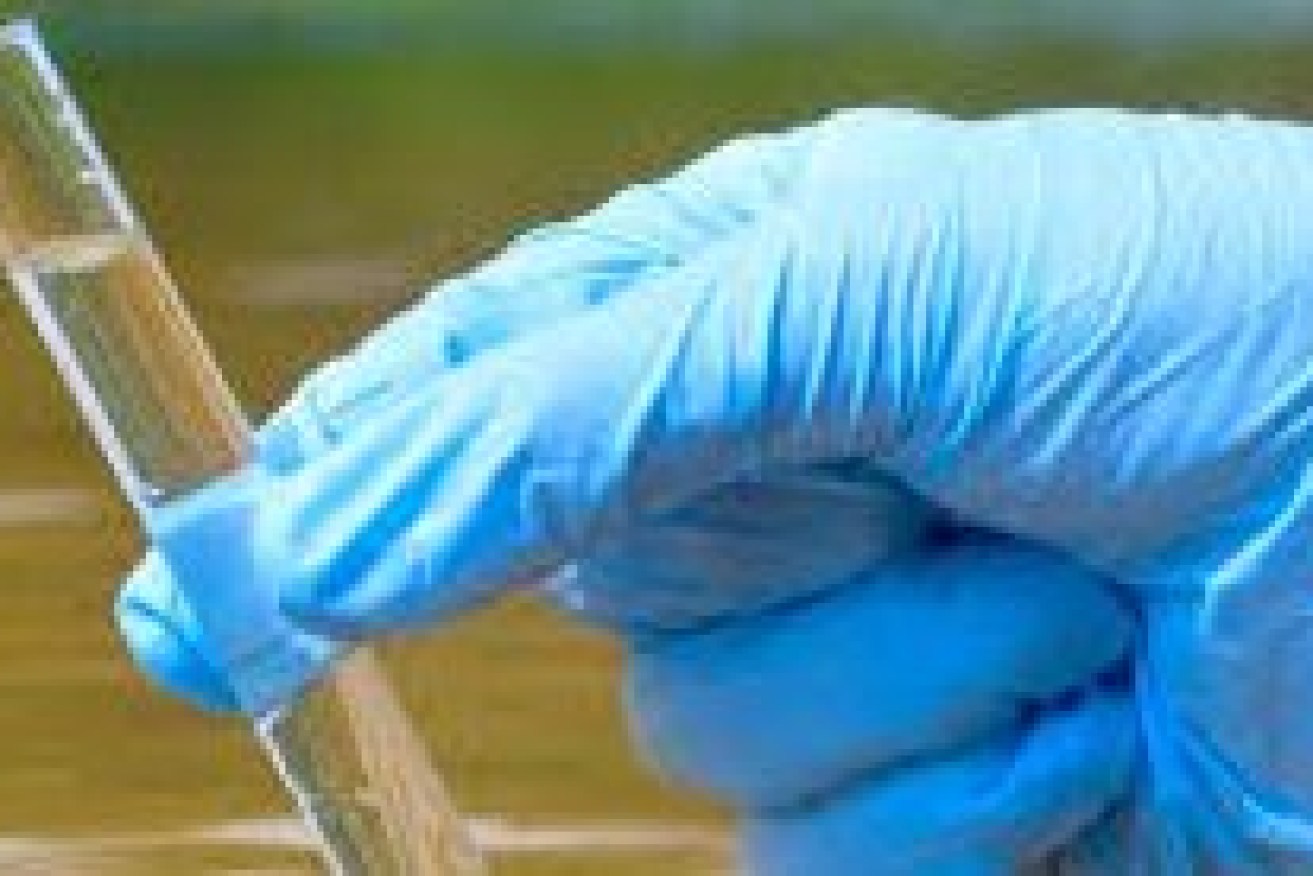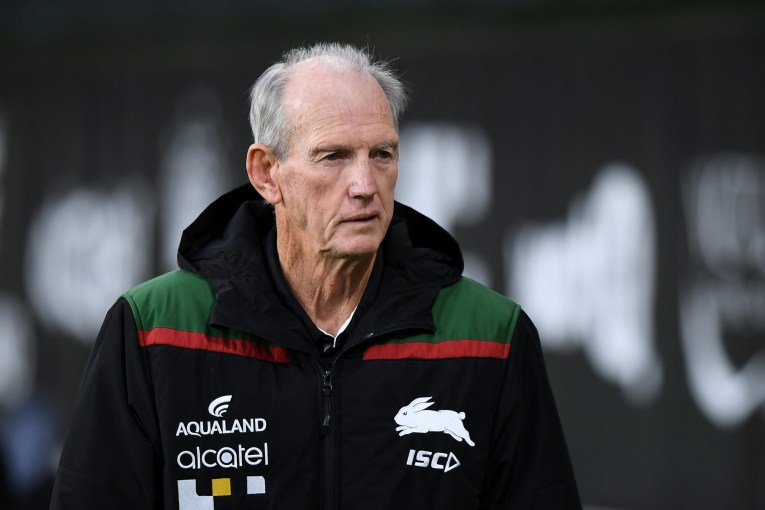Talking dirty: World experts gather to tackle biggest rubbish problems
More than 500 scientists have gathered in Adelaide to advance efforts to tackle some of the world’s biggest contamination problems.

More than 500 of the world's top contamination experts will gather in Australia this week.
The International CleanUp Conference will focus on the many forms of pollution that affect environmental and human health, from air and water pollution to microplastics and growing global concern about PFAS.
PFAS is shorthand for per- and poly-fluoroalkyl substances, often referred to as forever chemicals because they don’t readily break down and persist and accumulate in the environment and the bodies of animals and humans.
Much of the conference will be devoted to the PFAS problem, with nations worldwide grappling with what to do with chemicals that are so persistent, they’ve been found in rainwater and snow in the most remote parts of the world.
The Australian government is about to release the third draft of its national plan to manage PFAS, but so far few details are known about how regulations might be tightened.
Experts say the existing framework based on management at the state level must change and a stronger, national system is needed.
PFAS contamination has occurred at defence sites across Australia due to the historical use of firefighting foams that contained the chemical.
PFAS is also inside the bodies of all Australians due to its use in everyday items, from food packaging and non-stick cookware to cosmetics and carpet.
That means PFAS also ends up in wastewater treatment plants, which reuse solids from the treatment process as fertiliser for Australian farms.
The new national plan for PFAS could include new limits on PFAS in material bound for reuse in agricultural settings.
The conference has evolved from the work of the Cooperative Research Centre for Contamination Assessment and Remediation of the Environment – Australia’s leading contamination and remediation science centre.
Laureate Professor Ravi Naidu, the centre’s managing director, said the silence that once hindered efforts to address environmental contamination was changing.
“… the sector has grown in maturity and acceptance of the problem,” he said.
“In the 1990s, the industry sector was aware that contamination was a problem, but generally didn’t address it or even talk about it for fear of alarming people and pressuring decision-makers.
“Today, the impacts of contamination on the environment, human health and property values, and on society more generally, are openly discussed.”
He said this had led to increased efforts to prevent further contamination and greater investment in solutions.
The conference continues until Thursday.












